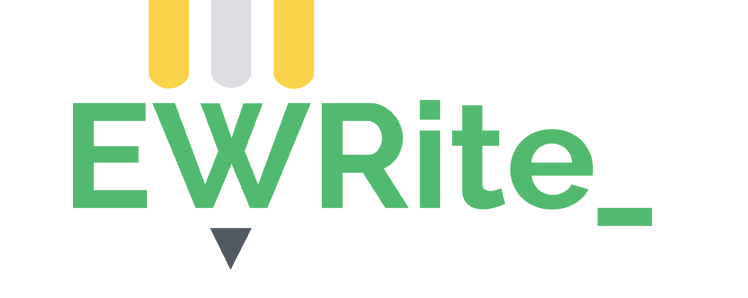5. Reflective language
Tone of Reflective Writing: Personal & Formal
- Reflections are subjective, whereas academic essays usually need to be objective. In reflective writing, you are expected to reflect on your personal experience and how you felt about things you did. So your writing should be personal.
→ Use first-person pronouns, i.e., ‘I’, ‘me’, ‘we’ and ‘our’. You are reflecting on yourself,
your thoughts, and your understanding, so using the first person is not only
acceptable, but expected.
→ colloquial or slang words (e.g. use ‘dismiss’ instead of ‘sack’)
→ contractions (e.g. use ‘cannot’ instead of ‘can’t’)
→ abbreviations (e.g. use ‘laboratory’ instead of ‘lab’)
→ spoken-like grammatical structures such as run-on sentences or sentence fragments
Language points when describing your experience
Language points when interpreting your experience
![1. For me, the [most]
,important
insightful
interesting
meaningful
relevant significant
useful
,aspect(s)
element(s)
experience(s)
idea(s)
issue(s)
,learning,was (were) …,arose from …
happened when …
resulted from …
,2.
,In the past, Previously,
At first,
Initially,
At the time,
Next,
Subsequently,Later,
Afterwards,
Eventually,
,I
,felt (did not feel) …
knew (did not know) …
noticed (did not notice) …
questioned (did not question) …
realised (did not realise) …
thought (did not think) …](/sites/default/files/rwr/images/reflective_img/image001.png)



![]()


Language points when evaluating the effectiveness
 |
||||||||||||||||||||||||||||||||||||||||
 |
||||||||||||||||||||||||||||||||||||||||
 |
||||||||||||||||||||||||||||||||||||||||
 |
||||||||||||||||||||||||||||||||||||||||
 |
||||||||||||||||||||||||||||||||||||||||
 |
 |
|||||||||||||||||||||||||||||||||||||||
 |
||||||||||||||||||||||||||||||||||||||||
 |
||||||||||||||||||||||||||||||||||||||||
 |
 |
|||||||||||||||||||||||||||||||||||||||
 |
||||||||||||||||||||||||||||||||||||||||
Language points when outlining your plans
 |
|||||||||||||
 |
 |
||||||||||||
About this website
EWRite is an open access online literacy platform for PolyU community that has two major objectives:
- to support PolyU students’ literacy development within and across the disciplines
- to support subject and language teachers to implement system-level measures for integrating literacy-sensitive pedagogies across the university
This platform provides access to generic genre guides representing typical university assignments as well as links to subjects offered by faculties with specific disciplinary genres and relevant support materials.
The materials can be retrieved by students by choosing the genres that interest them on the landing page. Each set of materials includes a genre guide, genre video, and a genre checklist. The genre guide and video are to summarize the genres in two different ways (i.e. textual and dynamic) to fit different learning styles. The genre checklist is for students to self-regulate their writing process. The genre guide and checklist include links to various ELC resources that can provide further explanation to language items (e.g. hedging and academic vocabulary).
The platform also acts as a one-stop-shop for writing resources for students, language teachers and subject leaders. Information about the English Writing Requirement policy can also be found on this platform. There are training materials for new colleagues joining the EWR Liaison Team.


